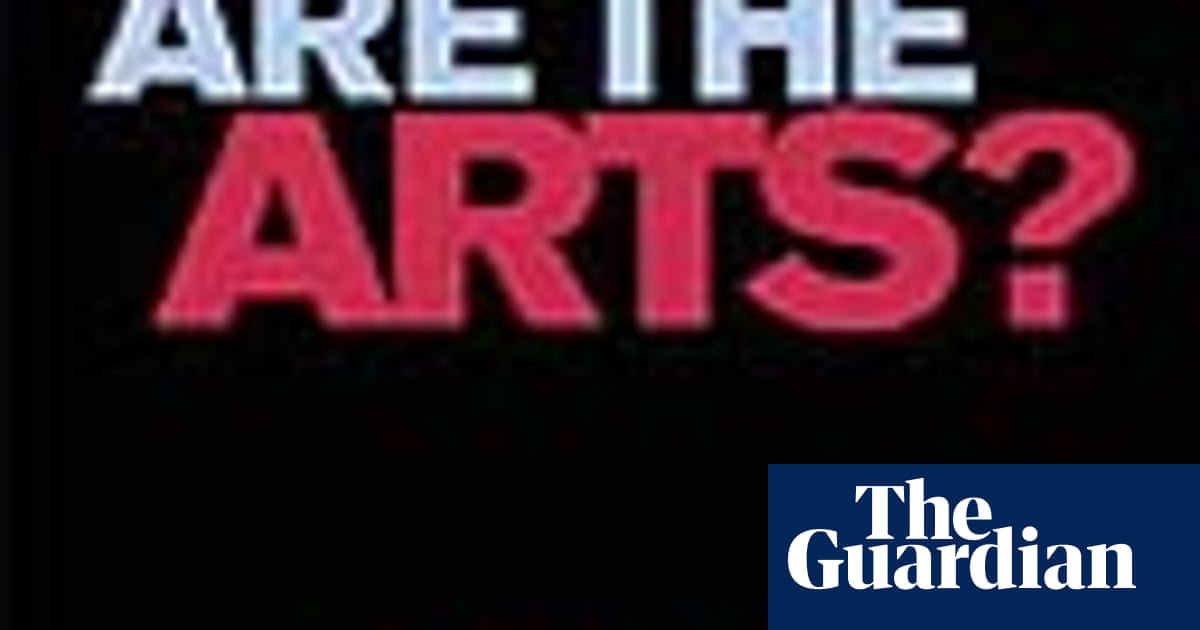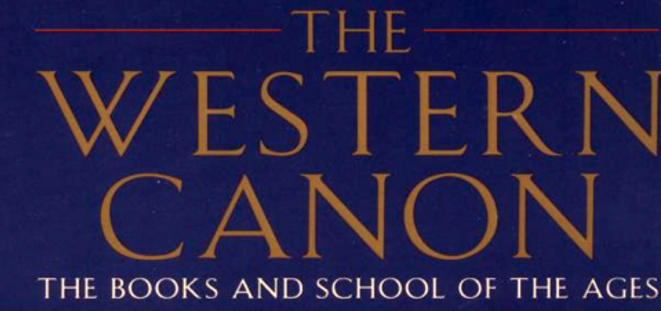Extollager
Well-Known Member
- Joined
- Aug 21, 2010
- Messages
- 9,052
"Extract the work from its context"...? No, I don't oppose that if "context" means information that helps us to get our ignorance and the assumptions of our time out of the way so that we can read the work. So a footnote to explain the contemporary meaning of a word whose meaning has changed is helpful, for example. An introductory paragraph or two, in an edition of an Icelandic, to explain the aristocratic honor code, might be good.
But it is possible, indeed seems to be common, for academic folk to rattle on like the spectacled socialist speaker at the end of Orwell's Coming Up for Air till you almost wonder if literature has ever happened for them*-- or, at least, I wonder if a long-ago youthful love of books and reading has disappeared and now it's theory + careerism + promoting favored ideologies with the "text"** as a pretext. I would not recommend anyone who loves books and reading to major in English at a typical university.
And here at Chrons I've often seen people attempt to make claims for favored books because the authors were "influential" or because the people liked the books as kids or because the book deals with current-buzz social themes or because of some other factor that really is not very closely related to the enjoyment of reading the work itself. Hence my remark about people circling around a book without coming to grips with it, etc.
*I'm especially thinking of a feminist professor I knew years ago.
**As a rule of thumb, I would avoid the writings of people who talk about "texts" rather than "books." Perhaps their day will pass.
But it is possible, indeed seems to be common, for academic folk to rattle on like the spectacled socialist speaker at the end of Orwell's Coming Up for Air till you almost wonder if literature has ever happened for them*-- or, at least, I wonder if a long-ago youthful love of books and reading has disappeared and now it's theory + careerism + promoting favored ideologies with the "text"** as a pretext. I would not recommend anyone who loves books and reading to major in English at a typical university.
And here at Chrons I've often seen people attempt to make claims for favored books because the authors were "influential" or because the people liked the books as kids or because the book deals with current-buzz social themes or because of some other factor that really is not very closely related to the enjoyment of reading the work itself. Hence my remark about people circling around a book without coming to grips with it, etc.
*I'm especially thinking of a feminist professor I knew years ago.
**As a rule of thumb, I would avoid the writings of people who talk about "texts" rather than "books." Perhaps their day will pass.



